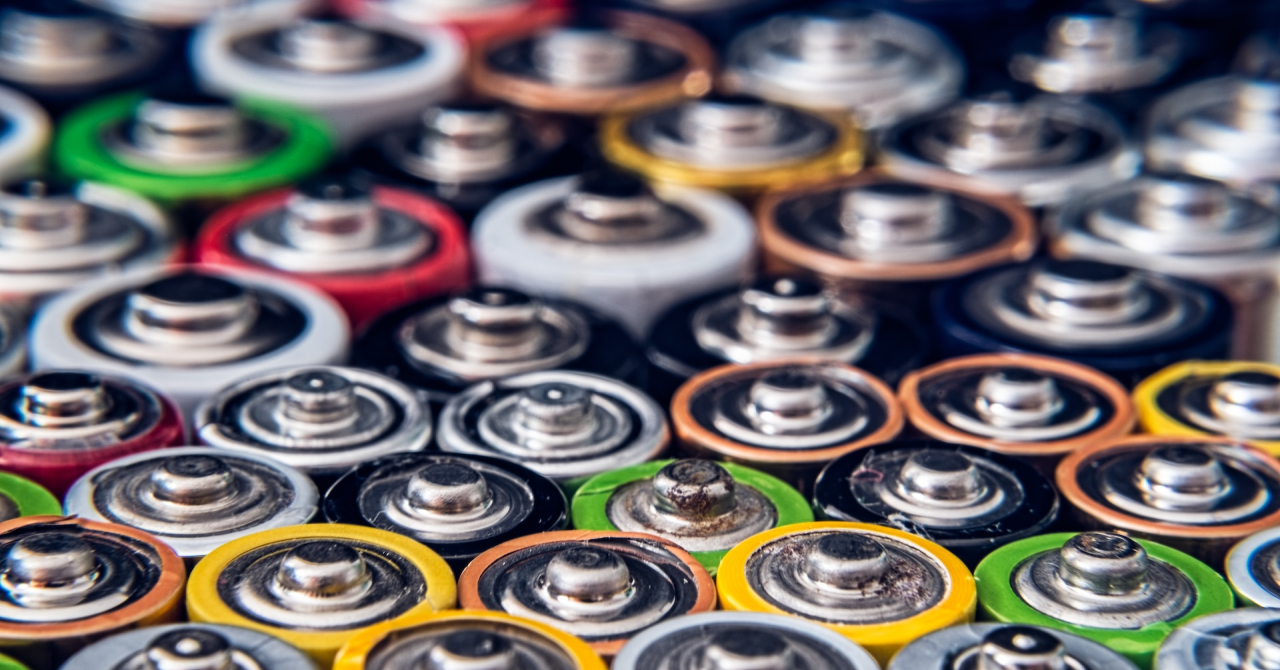According to Reuters, there are a number of startups offering battery storage solutions using old EV batteries, but there are some big companies taking matters into their own hands when it comes to recycling or repurposing battery materials.
Volkswagen and Audi are two German carmakers, both part of the bigger German car group Volkswagen Group and both companies established recycling efforts for used batteries, so that they can recover lithium-ion minerals to reuse in future cells.
Hans Eric Melin, founder of consultancy Circular Energy Storage (CES), said that "the assumption that EV batteries are only going to last eight-to-10 years and then owners will swap them out is just not true. It's going to be tricky to make second-life work."
Batteries from personal EVs will take longer to degrade, depending on how much the car is being used and the distance it is being driven over a certain amount of time, which makes degradation highly unpredictable. With commercial vehicles, such as vans, trucks and buses, it's easier to estimate the lifespan, due to the fact that these vehicles are active on the road much more often and in heavy-lifting conditions, as well.
Also, manufacturers will always try to boost the health of the cells via software or hardware solutions, meaning that the operational lifespan of EV batteries could grow over time.
As fossil-powered cars reached an average age of 12.5 years in the US and is similar in other countries around the world, this can give us an idea of how long people could hold on to their battery-powered cars.
However, some experts argue that, while right now there are little to no used batteries on the second life market, the situation is bound to change quickly over the next few years.
Thomas Becker, head of sustainability at BMW, which has a second-life battery storage facility at its Leipzig plant, argues that recycling is better than outfitting used batteries to second life alternatives.
"The big question is, if you have pretty valuable raw materials in a battery and you ask 'how can I get the most out of it?' the answer is recycling might be better", he believes.
Experts at the International Energy Agency also suggest that the market of battery storage solutions for the electricity grid will also increase dramatically, making used batteries an attractive option for those looking at having a secondary power source.
They say that by 2030, there could be a 680 GWh of battery capacity for backup energy storage, compared to the 16GWh that was available at the end of 2021.
The UK is one of the countries that has to stop wind turbines when there's little to no demand, because there is no battery storage available for that power to be stored in. Thus, the country wastes 1.27 billion USD per year on turning the blades off and on again.
Zenobe is a British-based startup that aims to make use of the old bus batteries, when those won't be enough to power the large public-transport vehicles, but certainly suitable for powering homes and businesses in a jiffy.
The company now owns around 425MWh worth-of batteries in the UK, New Zealand and Australia, which it will be able to use once the cells are too old to serve public transport demand.
 Mihai - Cristian Ioniță
Mihai - Cristian Ioniță












Any thoughts?